The History of Podcasts (Not A Podcast)

Introduction
So this is it. My final newspaper article. I could make this a short little message about how much I love the journalism program or how much I’ll miss high school. However, I was told I could write about anything, so here is my research on the rise of podcasts.
I should start this by saying I am a huge fan of podcasts. Freshman year, I would listen to Welcome To Nightvale while working on school work (that is, if it wasn’t blocked.) I listened to the entirety of The Two Princes on a six hour car ride. There are bits from My Brother, My Brother, and Me that I could probably recite from memory. And yes, I agree, the second season of Serial just isn’t as good, but you should really listen to the third.
With this in mind, here is the history of podcasts and where it’s heading, in my opinion.
The 2000’s: In the Beginning
The first podcast was actually downloaded radio broadcasts. Radio had been around since the 1920’s. However, with the invention of the IPod in 2001, Adam Curry and Dave Winer decided to create a plan to download online radio broadcasts from the internet directly to the IPod.
In February of 2004, the same year of Curry and Winer’s invention, journalist Ben Hammersley wrote an article for The Guardian discussing this. He said “all the ingredients are there for a new boom in amateur radio.” He then asked what this should be called: “Audioblogging? Podcasting? GuerillaMedia?”. Podcasting, a mix between the words IPod and Broadcasting, was the one people took and ran with it.
Podcast became the word of the year in 2005. Also in 2005, we got the first “How to Make A Podcast”. Many programs were created to host podcasts. Some other companies added podcasts, with the big ones being Yahoo and ITunes.
There were a couple of big names in the podcast industry, with people like Leo Laparte with This Week in Tech and Lance Anderson. Laparte won the People’s Choice Award at the first ever Podcast awards in 2006 and Lance Anderson was the first person to take his podcast on the road that same year.
In 2007, the comedians were taking over. Ricky Gervais, an English comedian, had the most downloaded podcast until 2011. Marc Maron, a stand-up comedian, started his own podcast in 2009. It wasn’t a massive money maker for people, but it allowed for people who had the time, some sort of editing software, and a microphone could make a podcast that someone would listen to.
News companies also began creating podcasts. ESPN began creating podcasts, with their show Fantasy Focus Football winning the People’s Choice Award at the Podcast awards in 2009.
However, the one most people know, is NPR’s radio show turned podcast This American Life. The show is often considered one of the most influential. The style and format are so iconic and easy to replicate. It inspired many commentary and informative podcasts.
2014: Serial Killers Saved the Podcast World
By the mid-2010’s, many believed podcasts had hit their peak. No one really knew what else podcasts could really do. You had NPR taking care of the news, some comedian’s bringing the entertainment, podcasts by experts sharing their knowledge, and a few fictional podcasts here and there.
But the history of podcasting is often considered to have two eras. To quote Nick Quah, you split it by “everything that happened before and after 2014.”
Remember how I said that This American Life inspired many podcasts. One of those was another NPR podcast called Serial. The show starred Sarah Koening as she reviewed the information about a murder mystery from 1999.
It exploded in popularity. It was all anyone could talk about. Everyone wanted to know what happened. People analyzed the phone calls, the alibis, and the possible killers. Serial became the first podcast to win a Peabody Award.
I would like to add here that while Serial was an excellent podcast that was very innovative and grew the podcast audience, it did also cause some pain. The victim’s brother posted about how he didn’t like that the story of his sister’s death was being shared with over 5 million people. To fans of the show, the case of Serial’s first season was a murder mystery to solve, “another episode of CSI”. To him, this was a horrible experience that now he is having to relive.
Oftentimes nowadays, when people think of podcasts, they think of the true crime podcast genre. There are hundreds of true crime podcasts today, to the point that the genre is oversaturated. Serial not only brought a lot of fame to those involved, but to the podcast community as a whole. It caused the number of podcast listeners to increase ten-fold.
2014-Present: Those Dang Kids
Another thing that often doesn’t get mentioned when people talk about podcasts’ rise to fame is arguably one of the biggest consumers of podcasts: the youth.
Back in 2014, Welcome to Nightvale was one of the biggest podcasts on tumblr, a site full of teens. It wasn’t like other podcasts, it didn’t argue over politics or give you the news. Well actually it did, but it was for the fictional town of Nightvale. It was entertaining and cool and also gay. It had actual representation, something the biggest fandoms also around at this time, often referred to as SuperWhoLock, didn’t really have. At least, not with it’s main characters.
This was also around the time that the Mcelroy family, well known for their comedy advice podcast MBMBAM, decided one-off to create a DnD podcast called The Adventure Zone. And this show would become incredibly popular, even later getting graphic novels and now there are talks of an animated TV series. And wouldn’t you know it, one of the main characters has a gay relationship. They even have a trans main character.
In March of 2016, two fictional queer podcasts also began airing: The Penumbra Podcast and The Magnus Archives. These two podcasts, while a bit of a slow growth in their early days, are now two of the most popular podcasts on sites such as Tiktok and Tumblr. These two, plus The Adventure Zone, are often considered the big three podcasts of the podcast fandom. Like SuperWhoLock. And as stated earlier, SuperWhoLock didn’t give it’s fans the queer representation they wanted. But these three have.
There’s no statistics on this, but I have a feeling that if you were to ask the people who are fans of these three podcasts if they were a fan of Supernatural, Doctor Who, or Sherlock back in 2012-2015, they would probably say yes to at least one of them.
Podcasts are slowly becoming the place many turn to in order to feel seen. Which is weird because it’s podcasts, you can’t see anything. But these podcasts provide queer and POC representation that many TV shows and movies are still lacking.
2020 and The Future
So where are podcasts now? There are over 850,000 podcasts currently active and over 30 million podcast episodes. It seems like everyone has a podcast or has made some sort of podcast. I’ve made one (actually 3, but not important). Especially after a year like 2020, where people were stuck inside. It’s easy to see why everyone would decide “Hey, you know what I can do?”
2020 also saw the rise of TikTok, in which teens and young adults (plus Hank Green and Dan Povenmire) can share their interests. There are many videos of people dancing, singing, cosplaying, and just talking.
In a year in which most things were brought to a halt, podcasts were able to thrive. They are slowly taking over and are greatly impacting the next generation.
Sources
https://internationalpodcastday.com/podcasting-history/
https://www.voices.com/blog/history-of-podcasts/
https://www.vulture.com/2019/03/the-great-podcast-rush.html
https://www.wired.com/story/oral-history-first-podcast/
https://www.oberlo.com/blog/podcast-statistics
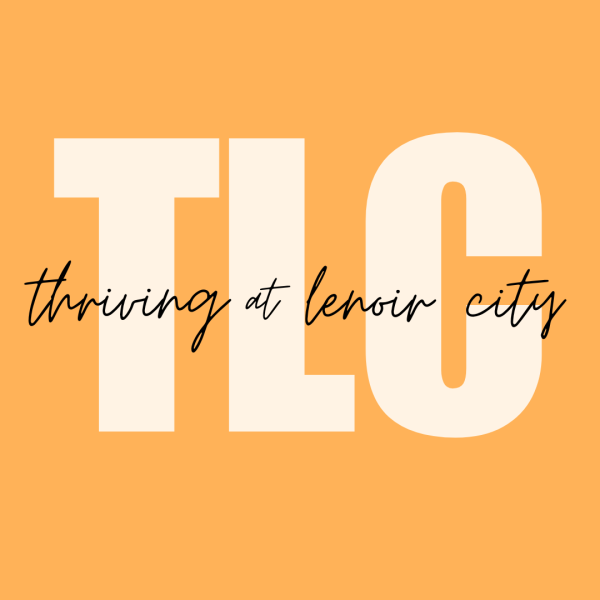
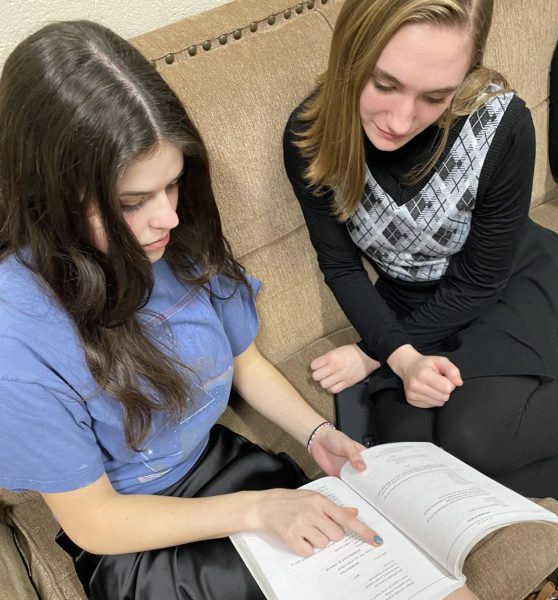

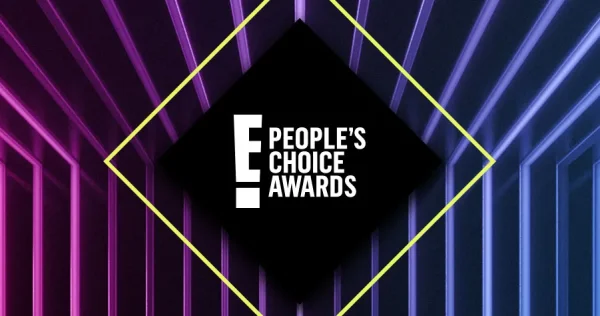
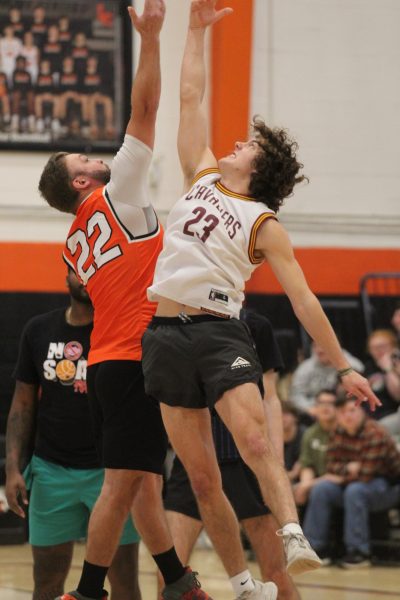
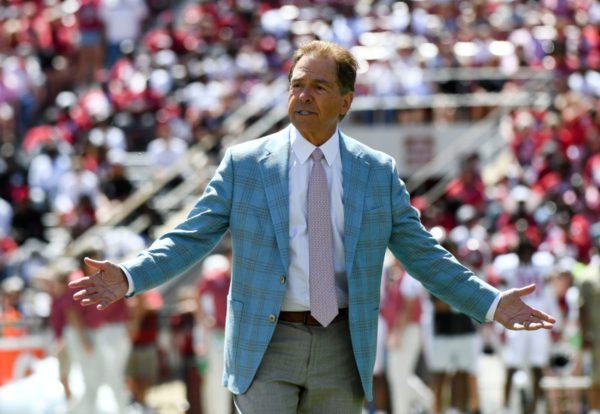

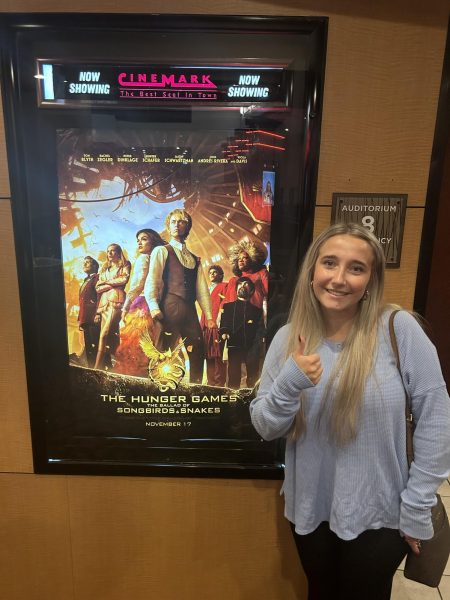
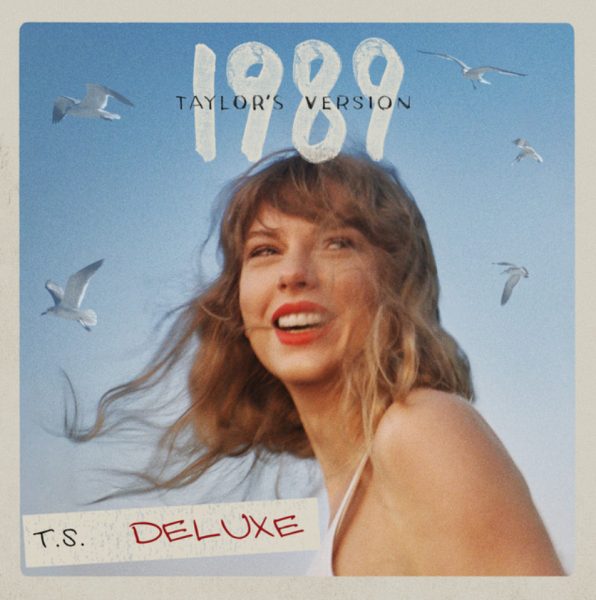
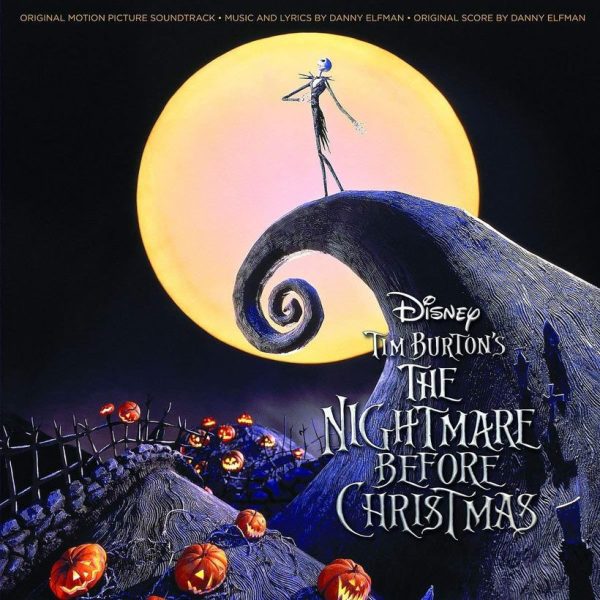
Alisha Ross • Aug 25, 2021 at 2:50 am
I was looking through some of your blog posts on this site and I think this site is real instructive! Continue posting .
Great – I should certainly pronounce, impressed with your site. I had no trouble navigating through all the tabs and related info ended up being truly easy to do to access. I recently found what I hoped for before you know it at all. Reasonably unusual. Is likely to appreciate it for those who add forums or anything, website theme . a tones way for your customer to communicate. Nice task.
Regards
Ross Alisha